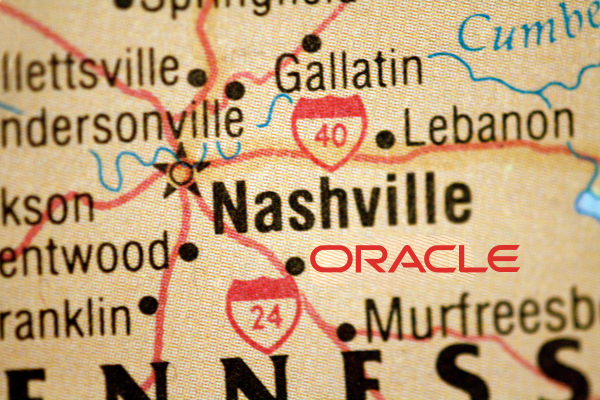Oracle Corporation (NYSE: ORCL) has announced an intent to relocate its world headquarters to Nashville, after moving from Silicon Valley to Austin just four years ago. This move positions Nashville, a city celebrated for its musical heritage and growing health-care industry, as a growing epicenter of tech innovation.
Oracle’s plan involves a $1.2 billion development of a 65-acre campus on the East Bank of the Cumberland River. This campus is designed to house 8,500 workers and aims to replicate the success of Oracle’s Austin campus.
Economic Impact
This move is projected to create approximately 21,000 construction jobs and 12,000 indirect support jobs, significantly boosting local employment. Additionally, Nashville can expect an increase of about $18 million annually in tax revenues once the campus is operational.
This influx of funds and jobs is anticipated to attract other high-profile companies to the area, potentially cementing Nashville as a new tech hub.
Social Implications
While the economic benefits are significant, the Oracle deal has not been without its controversies and challenges.
One concern raised by community activists is the potential spike in the cost of living, driven by higher property values and rents. There is a fear that the arrival of a tech giant like Oracle could exacerbate Nashville’s existing housing crisis, making it difficult for longtime residents to afford living in the city.
The Wrap
Oracle’s move to Nashville is sure to be a significant event for the city. It promises substantial economic benefits through job creation and increased tax revenues, while also posing challenges related to housing affordability and full community support.
As the growing city prepares to welcome the technology behemoth, it will be a priority for city leaders and the company itself to navigate these issues thoughtfully, ensuring that the benefits of such a major development are enjoyed broadly across the community. The outcome of Oracle’s move could well set a precedent for future tech relocations and their impact on host cities.







